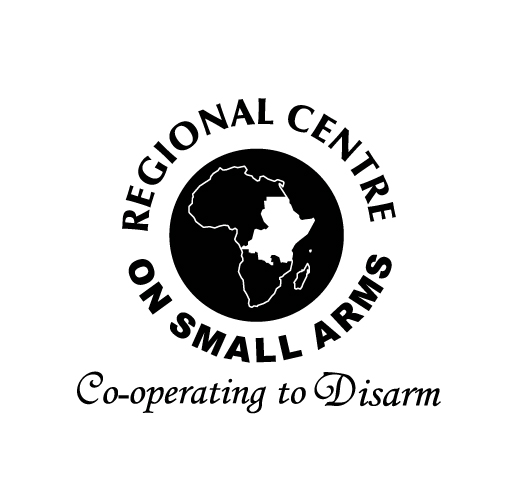The proliferation of illicit SALW in the Central African Republic (CAR) has for many years undermined possibilities for state stability, and contributed to continual political crisis in the fragile state. Since its independence from France in 1960, CAR has experienced violent conflicts. The country was recently ranked the third most fragile State in the 2015 Fragility Situations Index by The Fund for Peace.
This study examined the relationship between fragility situations and the proliferation of illicit SALW as well as the implications of the two for the development and livelihoods of the people of CAR.
The study found that fragility situations in CAR are manifested by the presence of internally displaced persons (IDPs), and ungoverned spaces. The study established the following as major drivers of fragility situations in the country: weak governance 85%, the proliferation of illicit SALW 78%, protracted conflicts 75%, collapsed economy 74% and porous borders 70%.
The impact of fragility situations and the proliferation of illicit SALW on development and livelihoods has been dire. Populations have been displaced, lives lost and the provision of social services disrupted during the conflicts. Further, unemployment has left populations vulnerable and prone to mobilization into armed criminal gangs thereby creating a vicious cycle of insecurity. Economic paralysis and political uncertainty have increased poverty levels and hampered direct foreign investments.
To build resilience, the study recommends the following: strengthening of governance institutions, management and control of SALW, security sector reforms, and disarmament of ex-combatants and civilians. In a nutshell, there is a need for a comprehensive post-conflict reconstruction that will integrate human security.

